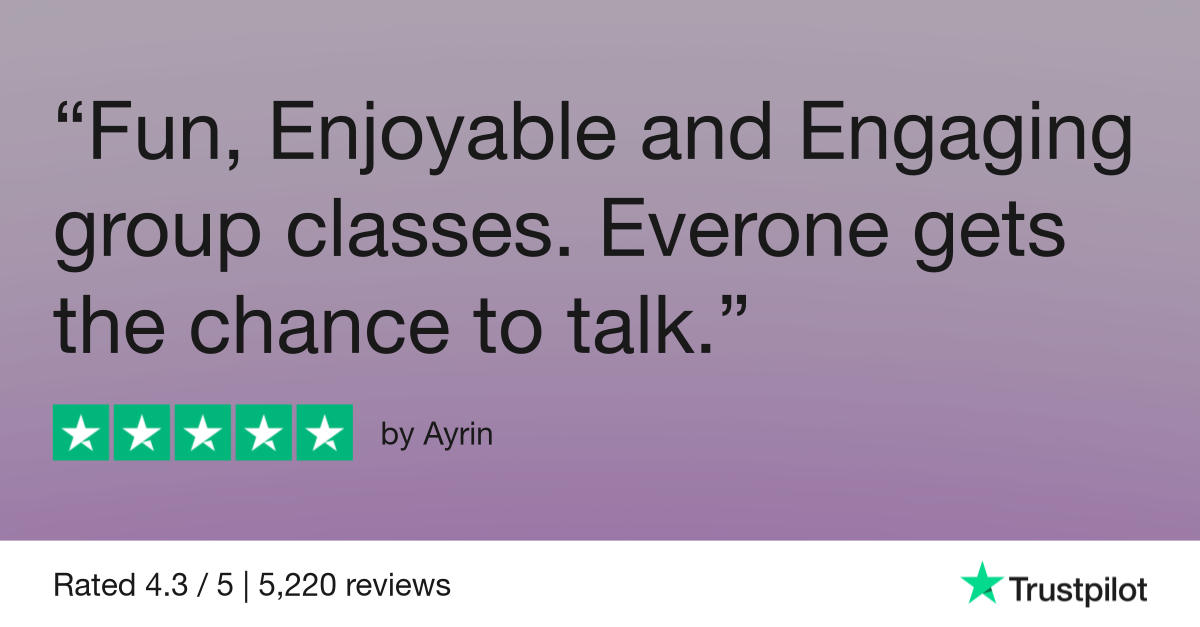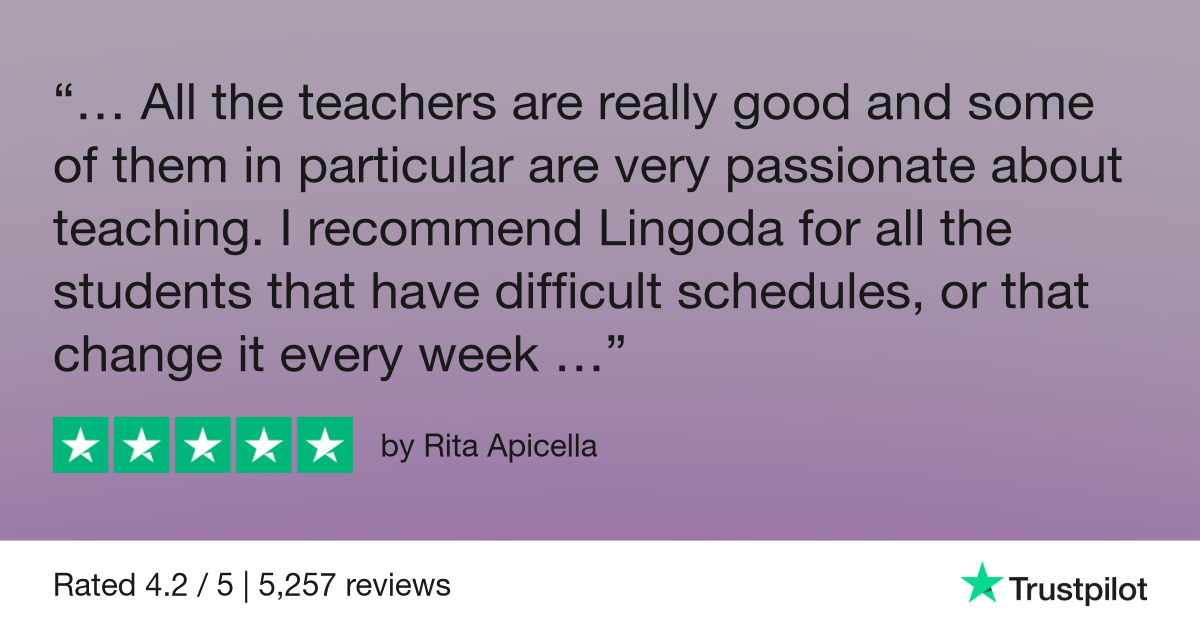But what makes them so tricky?
Aside from their sheer length, which owes to the German tendency to combine multiple words into one longer word, these words rely on an impressive inventory of sounds. German includes several phonemes — like “ü,” “ö,” and that harsh “ch” — that don’t exist in English. Add in unpredictable rhythms and stress patterns, and suddenly your tongue is working overtime.
It can be a lot to handle. But, with the right strategies and some consistent practice, you’ll go from stumbling to smooth in no time. Let’s break down the toughest words and how to actually pronounce them.
10 difficult German words and why they are so hard
1. Eichhörnchen (squirrel)
The vowel-vowel-consonant mashup in the middle of this word is enough to trip anybody up. English speakers especially struggle to make the “ch” and “rn” flow together. Let’s break it down:
eye-ch-hoern-shen
Start with “Eich” [eye-ch] and get that sharp “ch” in your throat — not your mouth. Then “hörn” (say it like “hern” with a tight “ö” sound), and finally “chen,” which is a soft, breathy “shen.” Practice it slowly, piece by piece.
2. Streichholzschächtelchen (little matchbox)
It’s long. It’s a compound noun. It’s a tongue twister straight out of language nerd heaven.
shtrye-kh-holts-shekh-tel-khen
This one combines Streichholz (match) and Schächtelchen (little box). The trick? Chunk it. Don’t rush it.. And don’t worry if you can’t get it right, because it’s definitely not one of the most spoken words in German. It is good training for your throat sounds, though.
3. Berühren (to touch)
That umlauted “ü” combined with a soft “r” in the middle makes the rhythm get weird.
buh-rue-ren
Focus on getting the “ü” right — it’s like saying “ee” while rounding your lips like you’re saying “oo.” And make that “r” gentle rather than rolled, almost like a soft tap.
4. Schluchztest (you sobbed)
It looks like a dare. All those consonants crammed together, and a “zt” at the end to top it up.
shlookh-ts-test
Start with “schluchzen” (to sob), which is already gnarly, then add “-test” for the second-person past tense. Go slow. Isolate each part. Breathe. Don’t sob.
5. Lehrerin (female teacher)
The rapid-fire repetition of the “r” sound throws off the flow, and the feminine “-in” ending doesn’t land cleanly for English speakers.
lair-uh-rin
Don’t panic on the double “r.” Instead, stretch it a bit. Start with “Lehr” (like the English “lair”) and then roll gently into “erin.” Say it almost like it’s two small words.
6. Nudeln (noodles)
That “-ln” ending can be tough, as English doesn’t really have an equivalent.
noo-duhln
Say “Nude-” like in “noodle,” then just tap the “l” and finish with an “n.” Super quick. Let it blur a little — it’s not supposed to be crisp.
7. Reparieren (to repair)
It’s long and repetitive, and those rolling “r” sounds are tough if you’re not used to them.
reh-pah-ree-ren
Make it musical. Stress the third syllable — which sounds like “ree” — and smooth out the rest. If your r’s aren’t rolling, keep them soft. Germans will still understand you.
What our students of German say
8. Großbritannien (Great Britain)
It’s a borrowed word, but German phonetics twist it into something new. Sounds familiar, until it doesn’t.
grohs-bree-tahn-yen
Don’t try to pronounce it like the English version. The German “ß” sounds like “ss,” and “Britannien” is three syllables. Emphasize the middle one, and keep the rhythm steady.
9. Eidechse (lizard)
That “ei” vowel blend, followed by a hard “ch” and “se” ending. Lots of little changes in your mouth position.
eye-dek-suh
Say “Ei” like “eye,” then “dech” (like “deck” but with a German “ch” in your throat), and finish with a soft “suh.” Think: smooth and light.
10. Rührei (scrambled eggs)
Umlaut + back-to-back vowels = chaos.
roo-er-eye
Start with the “Rüh” ([roo] with lips rounded), then ease into “ei.” It’s two syllables, but they blend. Don’t pause between them — just glide.
Tips to master these tough words
- Slow repetition and recording yourself: Say each word slowly and clearly, then listen back to hear what needs adjusting.
- Break words into syllables: Long words are less scary when you chop them into manageable parts.
- Shadow native speakers: Watch videos or join a class, and mimic what you hear — timing, tone and all.
- Practice full phrases: Phrases like “Welche Sprachen sprichst du?” help you get used to German rhythm, sibilants and flow.
The more you train your ear and mouth together, the more natural it all becomes. If you need some media support, this Youtube channel might be of some help, too!
What is the hardest word to learn in German?
This is subjective, but the prize may well go to Eichhörnchen, thanks to its tough sounds and lack of an English equivalent.
What is the longest, hardest German word?
We could award this one to the long, twisted compound word Streichholzschächtelchen.
However, the longest officially used German word is Rindfleischetikettierungsüberwachungsaufgabenübertragungsgesetz, with an incredible 63 letters. This jumble of letters refers to “the law concerning the delegation of duties for the supervision of cattle marking and the labelling of beef.”
What is the hardest word to say in German?
It depends on what you struggle with, but schluchztest is a strong candidate due to its consonant overload, which makes it barely pronounceable for many a non-native German speaker.
Why pronunciation practice pays off
Mastering German pronunciation isn’t about perfection — it’s about confidence. Words like Eichhörnchen and Streichholzschächtelchen might trip you up now, but the more you practice, the easier it gets.
If you’re wondering how to learn German fast, Lingoda’s classes are designed to get you talking from Day One. We teach real-life, everyday German with a focus on pronunciation.. Stick with it, speak often and don’t be afraid to sound a little awkward — it’s all part of learning!
Imanol Rodríguez Guridi
Imanol Rodríguez Guridi is a Uruguayan polyglot writer with a moderate obsession for world music research. As a former Literature student who realized he should’ve aimed for Ethnography instead, he has spent serious amounts of time thoroughly traveling through over 40 countries, engaging with locals to a maximum degree with the hopes of understanding their traditions, habits, languages, religions, virtues and vices directly from the source. Writing and traveling aside, he’s an Abhyanga massage therapist and loves mixing music.





















